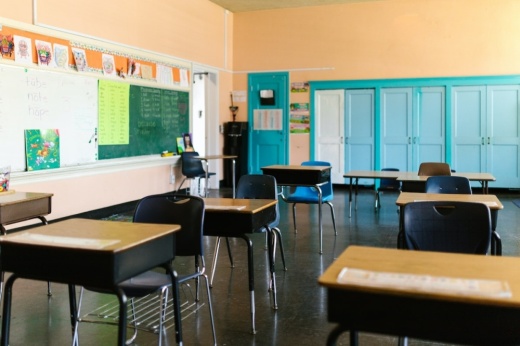What’s happening?
Officials are now proposing an attendance incentive initiative for the 2024-25 school year to increase these revenues and improve student outcomes.
At a June 26 meeting, Ronnie Edwards, assistant superintendent for school leadership and support, said Katy ISD’s average daily attendance rate, or ADA, has fallen by 2% since the COVID-19 pandemic.
The incentive distribution per campus could be used to support student attendance, engagement and academic success, Edwards said.
Methods for incentivizing attendance will be decided by the leadership at each school, Edwards said, but could look like competitions at the campus, grade or classroom level with the winners rewarded with a party.
The context
The ADA is directly linked to how much of a basic allotment each district receives from the Texas Education Agency—which is $6,160 per student in average daily attendance. KISD finance leaders believe incentivizing attendance at a campus level is one way to gain more of these funds.
Jamey Hynds, executive director of finance, said an attendance initiative would increase the district’s expenditures, but potential resulting state funding could offset the cost by millions of dollars.
“This program is going to cost the district money, but I think this shows how we need to get the kids back in attendance at the campuses,” Hynds said. “This plan is a good thing both for students, and for campuses. ... It's a good thing for the district’s bottom line.”
Another viewpoint
Though the initiative would ultimately bring more state funding to the district, Board Member Amy Thieme expressed concern for the burden of responsibility this initiative might put on campus administrators and teachers.
“I'm a former teacher in Katy, so I hear pressure when I hear this,” Thieme said.
Edwards—who said he could appreciate Thieme’s concern as a former principal—replied that some schools had already improved their attendance rates in the 2022-23 school year.
He said this initiative would encourage a continued upward trend in ADA, celebrate teachers and students, as well as promote collaboration between campuses toward a shared goal.
“[District leadership] are going to support [campuses] from our level to make certain they have the resources they need to make those things happen,” Edwards said.
Put in perspective
The goal is to increase ADA by a minimum of 0.5% at each campus in the 2023-24 school year, Hynds said. For a campus with 3,100 students, this would mean increasing attendance by 15 students per semester.
If this happens, Katy ISD will expend $1.49 million but receive a boost in basic allotment revenue of $2.77 million. If the district’s ADA increases by 1%, Katy ISD would expend $2.43 million, but pull down an additional $5.54 million from the state.
Although measures are individualized by campus—no incentive will be administered unless the entire district’s ADA rate increases by at least one-tenth of a percent, said Hynds.





